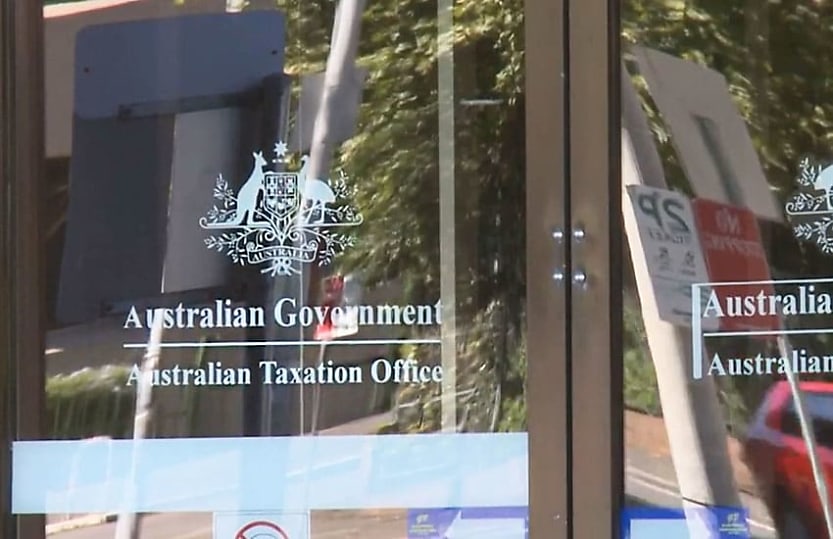Foreign partners can be held liable under promoter penalty laws

The government’s revamped promoter penalty laws include a hundredfold increase in maximum financial penalties and will continue to apply extraterritorially.
Global accounting firms that promote a tax exploitation scheme hatched by an Australian promoter can be held liable under Australia’s promoter penalty laws.
“The Tax Administration Act expressly provides that it has extraterritorial effect, so … the court has power according to Australian law to impose the penalty on international partners,” said David McLure SC, New Chambers in a presentation at a Tax Institute event on Wednesday.
Whether a foreign jurisdiction chooses to enforce an Australian decision, however, comes down to the relationship Australia has with that country.
McLure added that the regime is not restricted to partners, meaning that any employee of a significant global entity potentially involved in the promotion of a tax avoidance scheme can be held liable.
The Act empowers the Commissioner to apply the rules to an ‘entity,' which has a broad application from individuals to bodies corporate.
“Theoretically, where you have the promotion of the tax exploitation scheme by a number of people in the firm including people who are rank and file employees, all of them could be subjected to a promoter penalty proceedings,” McLure said.
That said, they would likely be subjected to less onerous penalty provisions and in the limited available case law. McLure said: “You don’t see any appetite on the part of the [Tax] Commissioner to be pursuing rank and file employees – all of these proceedings are directed at the architect of the scheme.”
He said the chances of these laws being tested in this way are slim given the “cautionary tale” that was the PwC tax leaks scandal.
While criminal recourse is available to Australian regulators under the promoter penalty rules, McLure said that the complexity of the laws and the subject matter likely meant that such actions would not be amenable to jury trials.
Last Thursday, the government’s revamped promoter penalty laws cleared the upper house, which include penalties of up to $780 million for promoters. It was embedded in a sweeping bill referred to by the government as “the biggest crackdown on tax adviser misconduct in Australian history.”
The new provisions increase the penalties for advisers and firms who promote tax avoidance schemes a hundredfold from $7.8 million. The ATO will also have longer to bring an application for civil proceedings against promoters while certain definitions will be expanded to broaden its application.
After concluding the prepared portion of his presentation on promoter penalty rules, McLure was asked almost immediately how they might apply to PwC.
Treasury stated that its revamping of the promoter penalty rules – including a hundredfold increase of promoter penalties and a broadening of certain definitions – was occasioned by the PwC scandal.
For the rules to apply to PwC, at all, the Tax Commissioner would have to establish that PwC had promoted a tax exploitation scheme – a proposition that the firm has refuted.
McLure said it appeared to be common ground between the Senate inquiry and the firm itself is that what PwC recommended to its multinational clients were “structures to meet the incoming multinational anti-avoidance law, two of which the Commissioner had a problem with which the Commissioner raised before they were fully implemented, and those clients reversed out of them.”
“So, what that raises firstly is the question of whether or not what had been marketed was a tax exploitation scheme in circumstances where it was based on an exposure draft of the legislation, it wasn’t based on confidential information and it was something which the party reversed out of,” he said.
About the author

